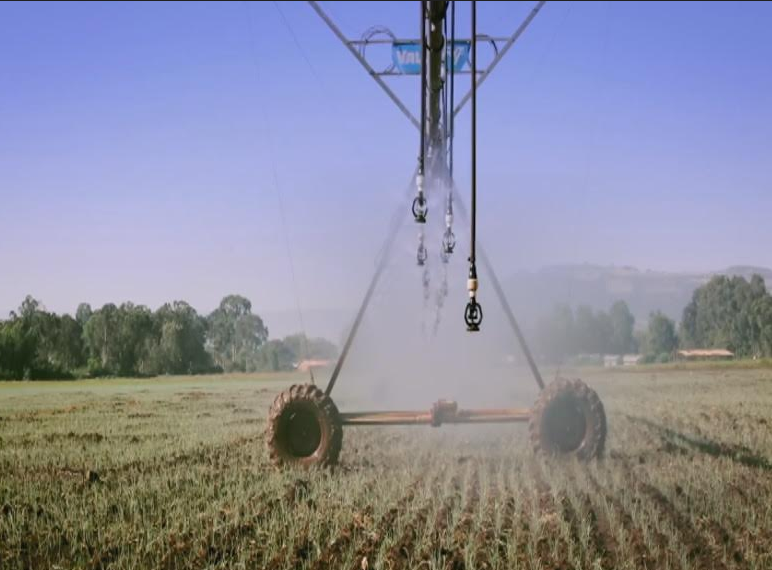Providing Advanced Agricultural Inputs Needs Involvement of Private Sector, Revised Policy, says Expert - ENA English
Providing Advanced Agricultural Inputs Needs Involvement of Private Sector, Revised Policy, says Expert

Addis Ababa January 18/ 2019 Increasing the quality and productivity of Ethiopian agriculture, mainly needs the participation of private sectors with technologically advanced inputs, agricultural expert said.
In an exclusive interview with ENA, Bisrat Getnet, a researcher at the Ethiopian Institute of Agricultural Research said utilizing advanced technological inputs are critical for value addition and rising agricultural productivity with the expansion of infrastructures.
“Now, the demand for mechanization is rising dramatically. The recent trend in Ethiopia clearly shows that the elderly households have been left alone due to their children are fleeing to urban areas mainly for education. So now is the time for technologically advanced inputs to be operated in the country,” Bisrat underlined.
Agricultural technologies are capital intensive, highly demanded the involvement of private sectors, and well qualified labor on the top of foreign exchanges, Bisrat stated and adding “the government should also revise its policy to include skills, technology and the private sector at large.”
“The policy has even to be revised because it stated as we have to utilize our labor and land resources at maximum level. It forgets skill demand and utilizing technologies which are fundamentals of mechanization”, he added.
According to the expert, agricultural experiences show that incentives are playing critical roles to mobilize the sector and countries like Korea, China, USA and Germany among others could be taken as exemplary.
Incentives inspire the private sector to be involved in, for the expert one of the measures that the government should take is reducing tax on imports.
Inputs and Crop Production Program Director at Agricultural Transformation Agency (ATA), Dr. Yitbarek Semane said to involve the major private actors in the sector, revising the legal frameworks should be the prior action to be taken.
Advanced plowing and harvesting instruments, improved or hybrid seed, multiplication capacity, efficiency of fertilizer, qualified labor, transport infrastructure among others stated as demanding inputs of agriculture.
Currently, the government is leading the major share of supply agricultural inputs which is insufficient. So, enhancing the capacity of farmers and involvement of the private sector will play an indispensible role, the Director noted.
He pointed out that the farmers should be leading to market oriented production which in return could afford the capital intensive technologies but they need initial capital from financial institutions.
Currently, Ethiopian farmers have to travel about 20 kilometer on average to get various agricultural inputs from their residence which consumed their time and energy, he stated.
“Farmers have to have also the opportunity to apply any complaints related to the inputs they bought because at the moment they take every responsibility by themselves,” he added.
The ATA was established to support as a catalyst in the sector, according to Yitbarek and it has been working on promoting the benefit of introducing technologies in agriculture despite the initial challenges and resistances for adaptation.